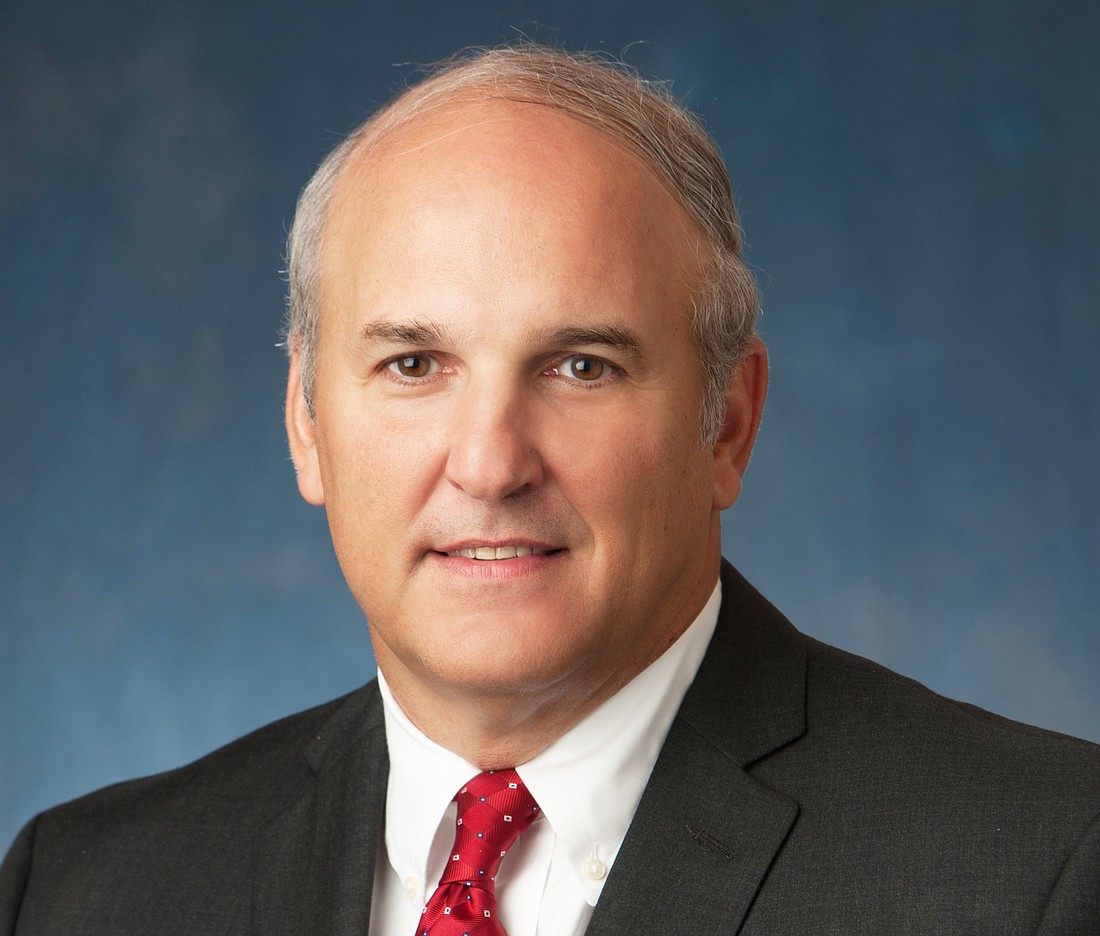
The City Council Finance Committee ended its three-week review of Mayor Lenny Curry’s proposed $1.273 billion budget Friday with 15 departments that returned to answer questions raised during their initial presentations.
The mayor’s Safer Neighborhoods portion of the Capital Improvement Program, tweaks to departmental budgets like the Supervisor of Elections and the $8.4 million for a pair of projects at Edward Waters College were discussed.
The administration proposes to use debt to pay for the renovation of dormitories and a multipurpose field at the historically black college.
Earlier in the week, $4.4 million for the dormitories was removed from the CIP list, but was funded elsewhere in the budget.
While most of the committee supported the EWC projects, council member Danny Becton continued his opposition, saying that the money could be used to improve infrastructure issues in the neighborhood instead.
“This is a perfect example of why residents are left behind in this city,” Becton said. “That they’re not getting basic needs in their neighborhoods because we don’t make it a priority.”
City Chief Administrative Officer Sam Mousa told the committee the money would come as reimbursements to EWC as the work is performed.
“We will not disperse this in a lump sum,” he said.
The council also approved an amendment for $79,000 to construct a new sign welcoming people into the college.
After that action, Sheriff Mike Williams spent 2 ½ hours on what Finance Chair Garrett Dennis often called “the hot seat” to address his budget.
Williams presented the department’s proposed $410.5 million budget to the committee Aug. 10, but was asked to provide more detail on the need for 100 new officer positions, $12 million to contract with a third-party health services provider and other budget items.
A poll conducted by the sheriff’s political committee, released after the first meeting, upset several council finance members.
Conducted by “A Safe Jacksonville,” the poll found 68 percent of Jacksonville residents support the additional officers.
Dennis said the poll made it seem like the committee was being “pressured” into approving the budget, saying that some could interpret it as trying to influence the committee’s decision.
“We just want to know the rationale behind it,” he said.
Council member Lori Boyer said she didn’t think the conversations about the police budget warranted “employees of your department to email and Facebook-message members of council.”
“I don’t think we should be criticized for asking questions,” Boyer said.
In the end, Williams’ 100-officer request was approved.
His department also is seeking to outsource health services, a $12 million item that received pushback during his first budget presentation.
Williams said previously that providing health services was not something the department excels at, and using a vendor would be beneficial.
Outsourcing would cost roughly $3 million more than keeping it in-house.
The committee decided to keep the $12 million “below the line,” which means it will be taken up by the entire council during September council meetings.
Finally, the committee addressed $4.6 million remaining in the budget for enhancements to various departments and programs.
It includes $850,000 for the Jacksonville Public Library to fill a budget shortfall in its materials budget; $150,000 to fully fund the Jacksonville Fire and Rescue Department’s Explorer Program; $120,000 to fund two full-time public works department positions to manage Capital Improvement Program projects; $320,000 to fund additional security guards at city parks; $1.2 million to allow public works to mow grass on city property, rights of way and athletic fields more frequently; $109,000 for an upgrade to the Information Technology Division’s grant program; $238,000 to upgrade Information Technology’s professional services for parks and events website; $500,000 to fund the Police Athletic League; and $300,000 for Downtown economic development.
Another $266,000 was added for Jacksonville Area Legal Aid Inc. and $511,000 in funding was added for three prevention programs to balance the remaining contingency budget.
From here, substitute legislation with any changes or amendments to the budget legislation will be drawn up in advance of the next council meeting Sept. 12.
Legislation for the 2017-18 budget legislation will be up for final council approval Sept. 26.
The new fiscal year begins Oct. 1.
@DavidCawton
(904) 356-2466